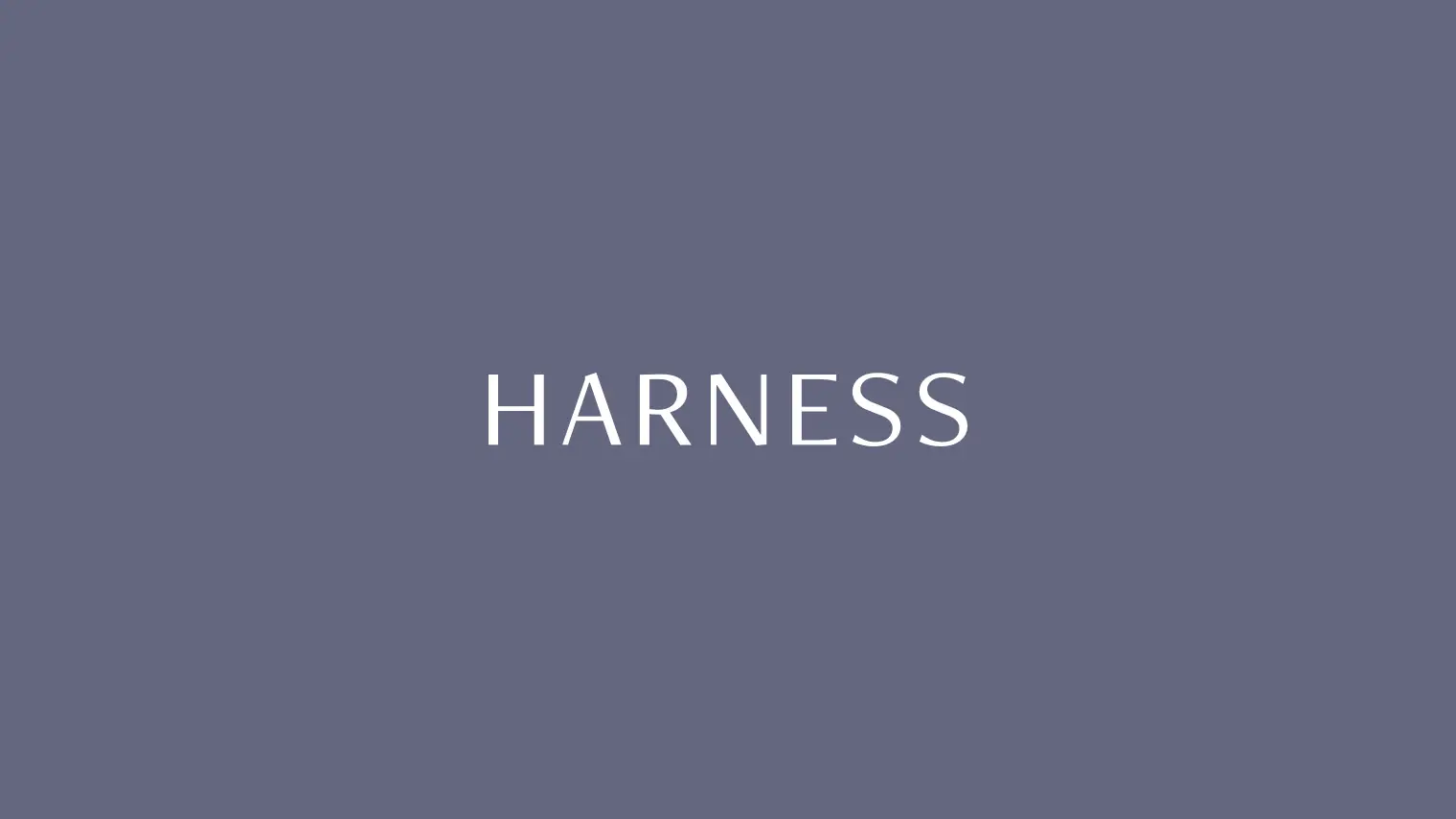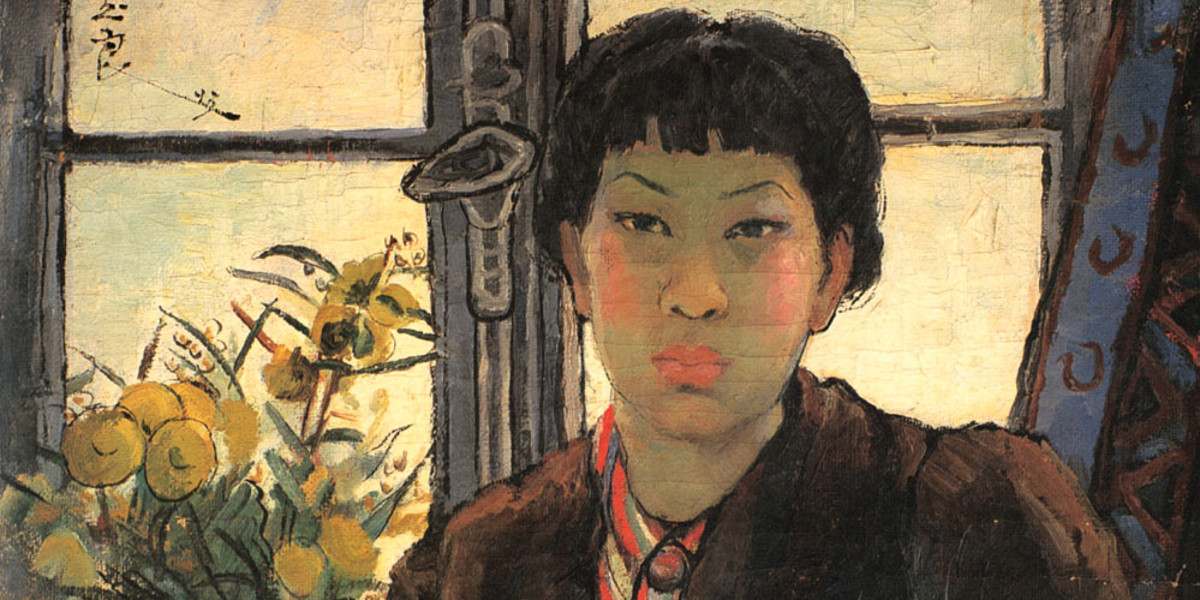Meet Lexie Angelo, the founder and driving force behind Radical Bookshop and Press, a unique literary venture born out of a mix of passion and revenge. Lexie’s journey from a disappointing book launch to becoming a finalist in a local small business award showcases her resilience and dedication to creating a platform for emerging writers, particularly in the realm of short stories. Through a candid conversation, Lexie shares insights into the challenges of starting a publishing business, her approach to nurturing creativity, and her plans for the future of Radical Bookshop and Press.

Can you share a bit about your personal journey that led you to start Radical Bookshop and Press?
I’ll be completely honest—I started the company out of revenge. I had one of my own short stories accepted for publication at a local press, and I was really excited to see my work published. I had invited family and friends to the book launch, and my expectation was the story was being printed as an individual chapbook. But, when I arrived early at the venue for a first look at the books, my heart sank. The story was printed on standard copier paper, stapled together, and cut to precisely fit within a plastic CD case. At the back of the room, was a stack of old scratched CD cases, probably thrifted from some bin somewhere, with my story stuffed inside. I felt embarrassed, but also angry. I was really proud of that story, and here it was looking like one of my high school art projects. I made light of the situation and launched the “book” that night, but that was when Rad’s origin story began.

What inspired you to focus on providing a platform for Canadian and international writers specifically?
I am Canadian, so it made sense to start my revenge project locally. Around the time I was researching how to form the business, the mayor had announced a new winter festival and was giving out grant money to local artists. I applied for funds to launch eight chapbooks by local authors in a partnership with our local library. The funding meant I could minimize some of the financial risks, and I could test the concept of the company. Maybe no one would submit stories to this unknown project. It was a real possibility that no one would show up to the book launch. I needed to see if there was a demand for a short story publisher, and if people would be excited to support the stories I was publishing. But even though I started locally, I’ve since published writers in the US and UK, and have sold books worldwide.

What were some of the biggest challenges or struggles you faced while establishing Radical Bookshop and Press?
You might assume (as I did) that the biggest challenge of setting up a small publishing company is the cost. But, I found an affordable e-commerce platform, and I sourced a great printing and distribution company out of Tennessee that made the production of the books pretty cost efficient.
The biggest challenge happened when the winter festival began promoting the book launch event on social media. At first, it was great news. Over two hundred people had registered to attend and the eight authors were thrilled at such high numbers. Even though we had shifted everything online because of the pandemic, enthusiasm was still high. No one had zoom burn-out yet. But then the book orders started coming in. I had planned to sell the books in-person, and they were set to arrive a few days before the launch. But with the event now online, customers were ordering weeks before the launch—and I had nothing to send them. It started as a trickle, and then became a deluge. Thankfully many of the books arrived early, but several customers emailed complaints because they had been waiting several days. I was panicking. Customers wanted their books before the launch, not after. I rushed around the city to find envelopes and figure out postage costs. It’s turns out the envelope is incredibly important in online shipping, and one size wasn’t enough. Suddenly, I was doing the math for what would happen if someone ordered three books, or six, or ten. Should I go bubble, flat, brown, white, plastic, self-stick? Why were there so many options? Why was ordering two hundred envelopes cheaper than ordering fifty? Suffice to say, I’ve figured this out now, but I had no idea that envelopes would nearly crush me.

Could you share a pivotal moment or lesson you learned during the early stages of your business?
The most important lesson I learned early (aside from envelopes) is about giving writers a chance. I didn’t set any restrictions on what I would publish, or who could submit. There were no themes writers had to adhere to. I learned that saying, what the hell, and publishing work that was maybe a little less polished, or came from an older writer, or someone who was writing for the first time, was all worth doing. One author completed a draft story written by her recently deceased husband, and asked if they could both be credited on the cover, and I said sure. Another wanted make a magazine collage for the cover, and I said, go for it. Publishers often assume the position of creative gatekeeper, but the short story format lets me take a different approach with writers and embrace their creativity. In fact, one of my top selling titles is a queer romance, written by a shy university kid who had never published a thing in his life.
How do you balance the creative aspects of your work with the practical aspects of running a successful bookshop and press?
Slow growth. Slow growth. Slow growth. I have a full-time job, and I’m finishing up my PhD in creative writing, so I have limited time to dedicate to the press. I haven’t rushed to scale up, so I’ve managed to stay cash positive running a very small operation. I also maintain my sanity by launching books in a cohort model, so everyone’s book launches on the same day. This limits how much work I have to do each year, and also helps sell books because I do a 3 for $25 deal, and most people buy a bunch of books at the launch. This year, I brought on two editors to help with the volume of submissions, and the hardest part was cleaning up my Google Drive before adding them to the folder. But with their help, now I get to focus more on the business side of things. Believe it or not, the editorial part is the least enjoyable aspect of the business for me. I really love doing the cover designs, typesetting and layouts, as well as streamlining the ‘boring’ parts of the business like preparing contracts and sending out royalty statements. I feel like those mundane tasks are what makes the author feel like their work is being taken care of, and that they can trust me as a publisher with their writing—which is why I started Rad in the first place.
What advice would you give to aspiring entrepreneurs looking to break into the literary and publishing industry?
Canada is dominated by one major bookseller and most of our publishers focus on literary fiction to set themselves apart from US publishers. Commercial publishing is run out of New York and London, and that is the reality of the business. I wanted to find a way to operate within the existing universe of publishing, and that’s why I publish the short stories in the chapbook format, and let the bigger publishers handle novels. By operating as both an e-commerce bookseller, and a publisher, I essentially act as my own “middle man” and I don’t have to worry about where bookstores are stocking my titles, if books are even on the shelf, or if I’ll get a bunch of damaged books or returns one month. Even though it’s not guaranteed, all of my authors have earned royalties from their books.
I would tell aspiring entrepreneurs, certainly in Canada, to try a similar model because it means you have to rely less on public grants, and sink less of your own capital into the business. I’ve purposefully avoided publishing novels because the level of editorial work is crushing, and I love the idea of giving writers quick-wins with other formats. I’d love to see more short story publishers out there. Short stories are affordable, quick to produce, and readers love a book they can finish in an hour.
Can you share a success story or achievement that you are particularly proud of since starting Radical Bookshop and Press?
In 2021, our local chamber of commerce was inviting applications for the small business awards, and Rad qualified for one of the categories. Again, I thought, what the hell, and submitted a nomination. I was chosen as a finalist and invited to gala dinner at a fancy hotel. I brought my husband because he deserved a reward for stuffing so many envelopes with me.
I was also really proud of one of my authors who went on to win a local writing award for his chapbook, which I published in 2022. He wrote a creative non-fiction piece about the sudden death of an online friend he played video games with, which questioned if were allowed to be sad when our friends die—even if we’ve never met them before.
How do you stay motivated and inspired, especially during tough times or setbacks?
When I graduated college, I immediately started work at major PR and advertising agencies in Canada. Even though I worked on big campaigns, for major brand name clients, I never felt like I fit in with my peers. After a decade, I felt broken by constantly working in an industry that didn’t seem to care what I had to offer. There was no reward or upward movement, no matter how successful my campaigns were. The truth is, when I founded Rad, even though it’s small, all those broken feelings disappeared. I felt more motivated and excited because nothing was suppressing my creativity, and nothing was stopping me from leading with my values. Don’t get me wrong, I do get stressed because life is stressful, but I don’t have some higher-ups telling me “no” or “you’re not ready” or “I don’t think this will work” — I just do it. I can own my failures and successes in ways that I haven’t been able to do in my traditional 9-5 job. Even if I screw up, my work isn’t taken away as punishment. I’m not brushed aside, judged, or overlooked. I just sort out the problem and move on. It’s pretty easy to keep going when there’s nothing in your way.
What are your future plans and goals for Radical Bookshop and Press?
Right now, my goal is to spread the word out about Radical Bookshop and Press, and get more writers excited about the short story. It’s a great format and such a great way to kick-start a writing career. I’d love to publish some genre-based collections, and launch a bunch of crime/mystery short stories, or some sci-fi and romances. I also want to be in a financial position to on-board editors, and offer a rewarding employment opportunity, which is something I’m working on now. Scaling up is daunting because I’ve been purposefully moving slow, but if there is a market for it, and books keep selling, I would be really excited to grow. A lot of publishers think the short story is dead, just like some said flared jeans would never come back, but isn’t life great when people are wrong? It makes for the best revenge.






